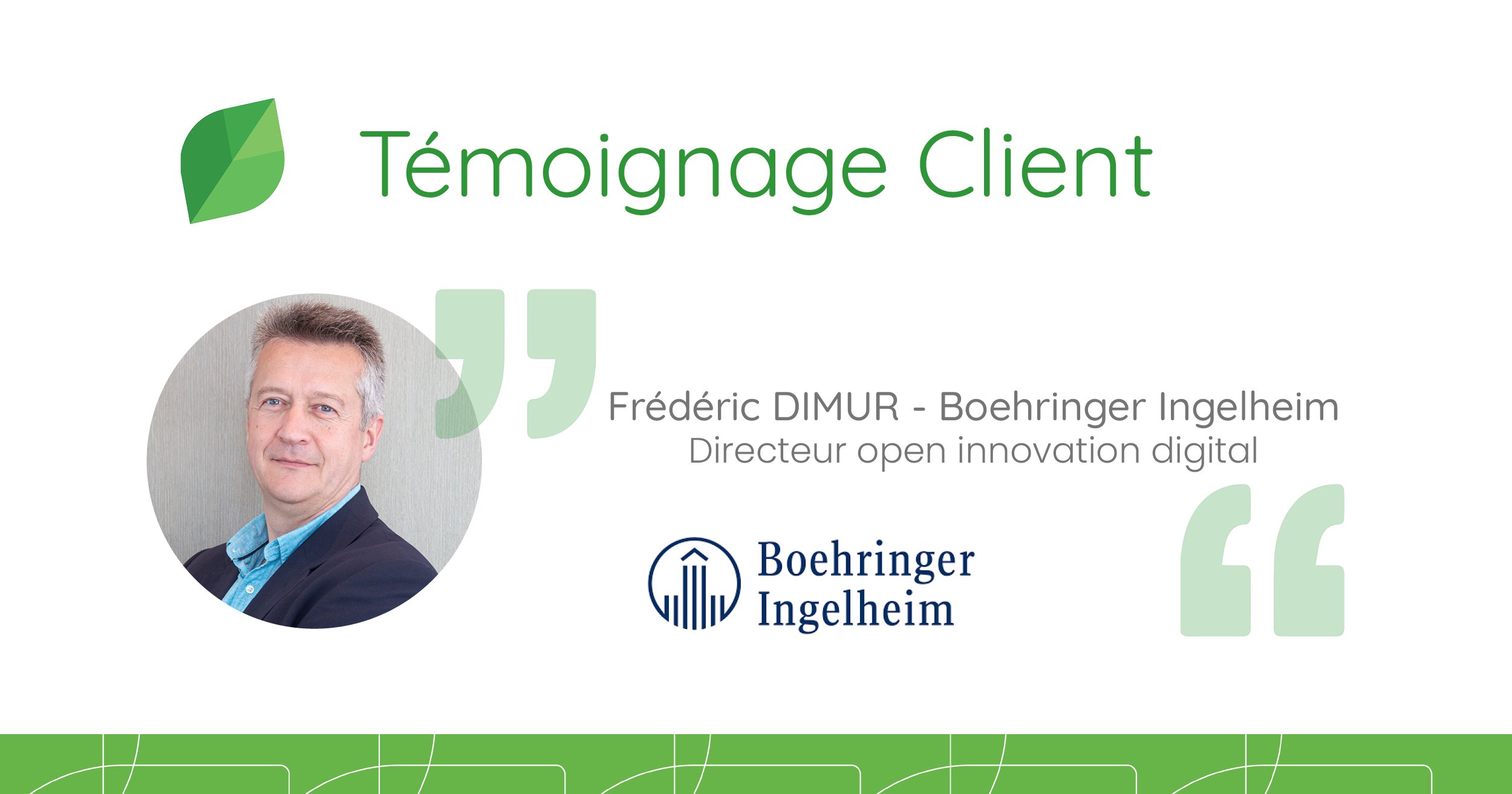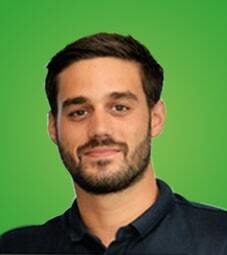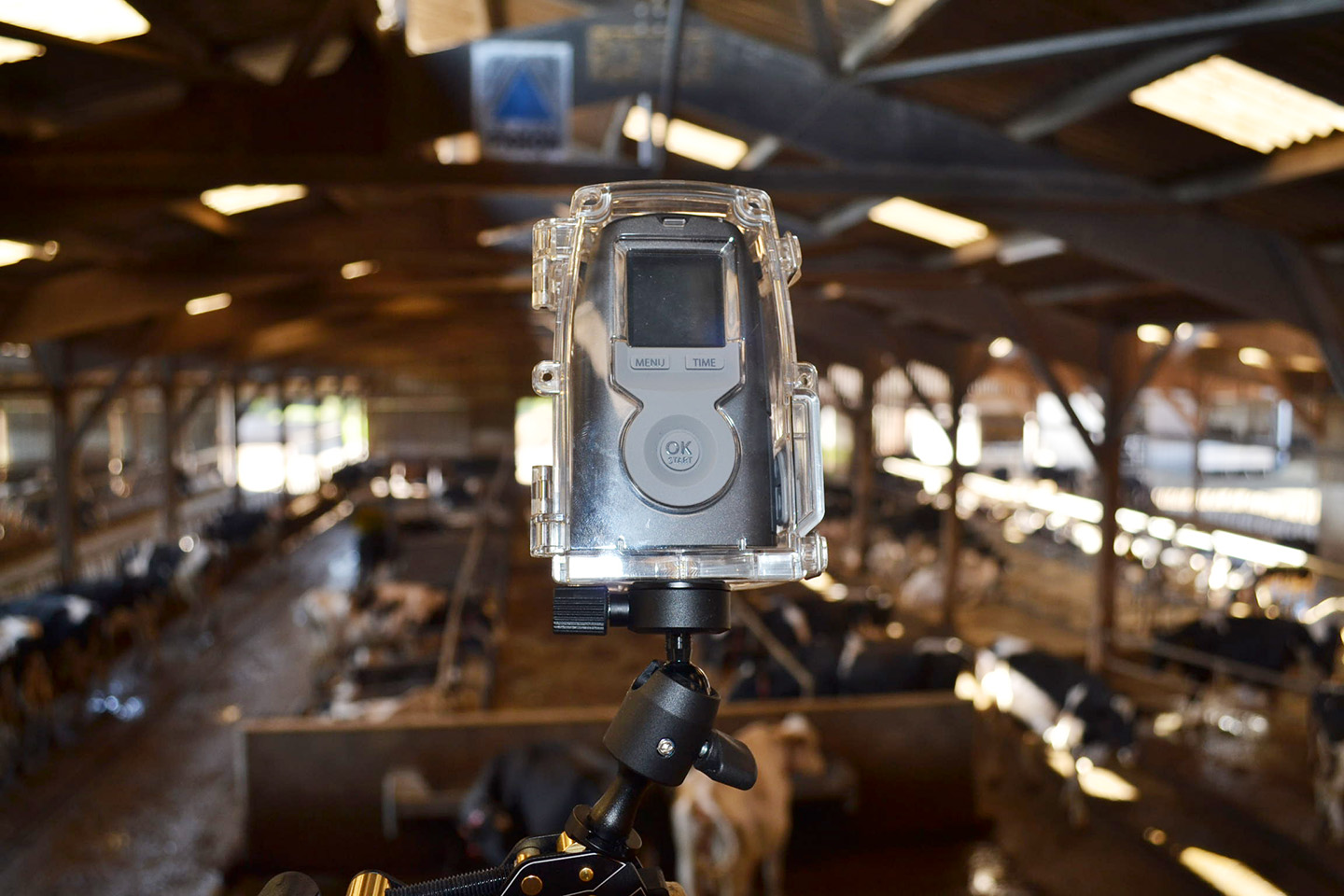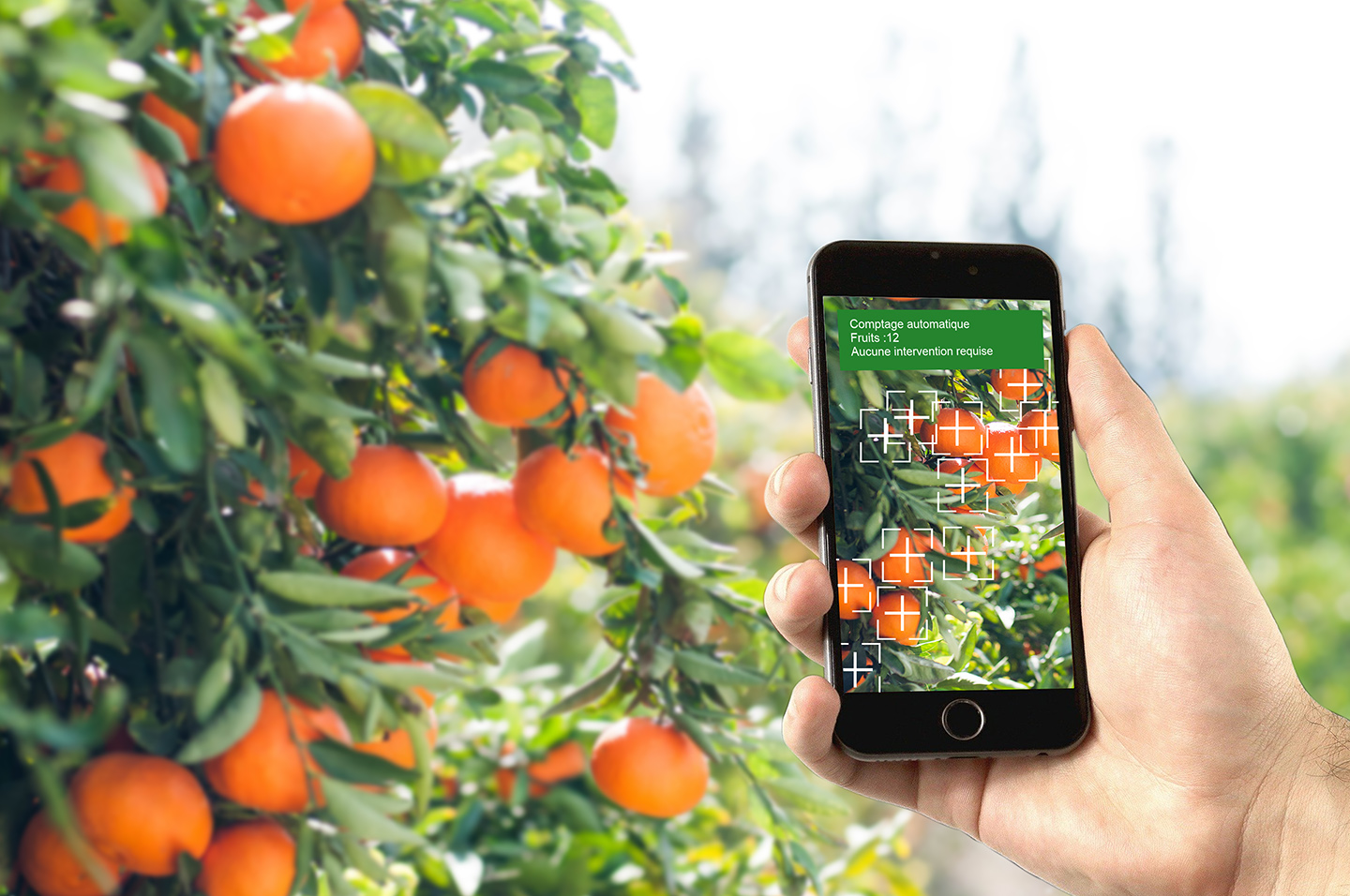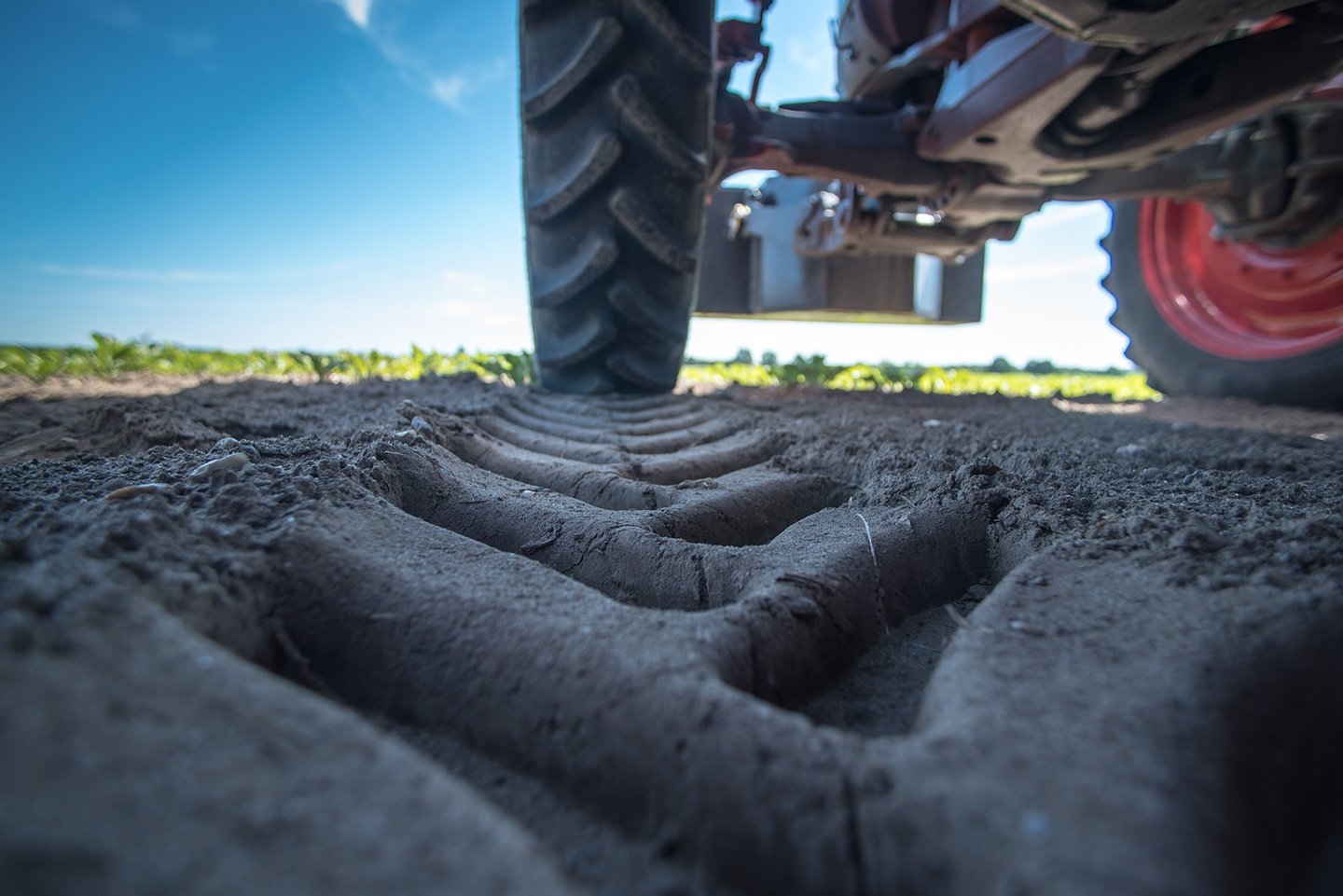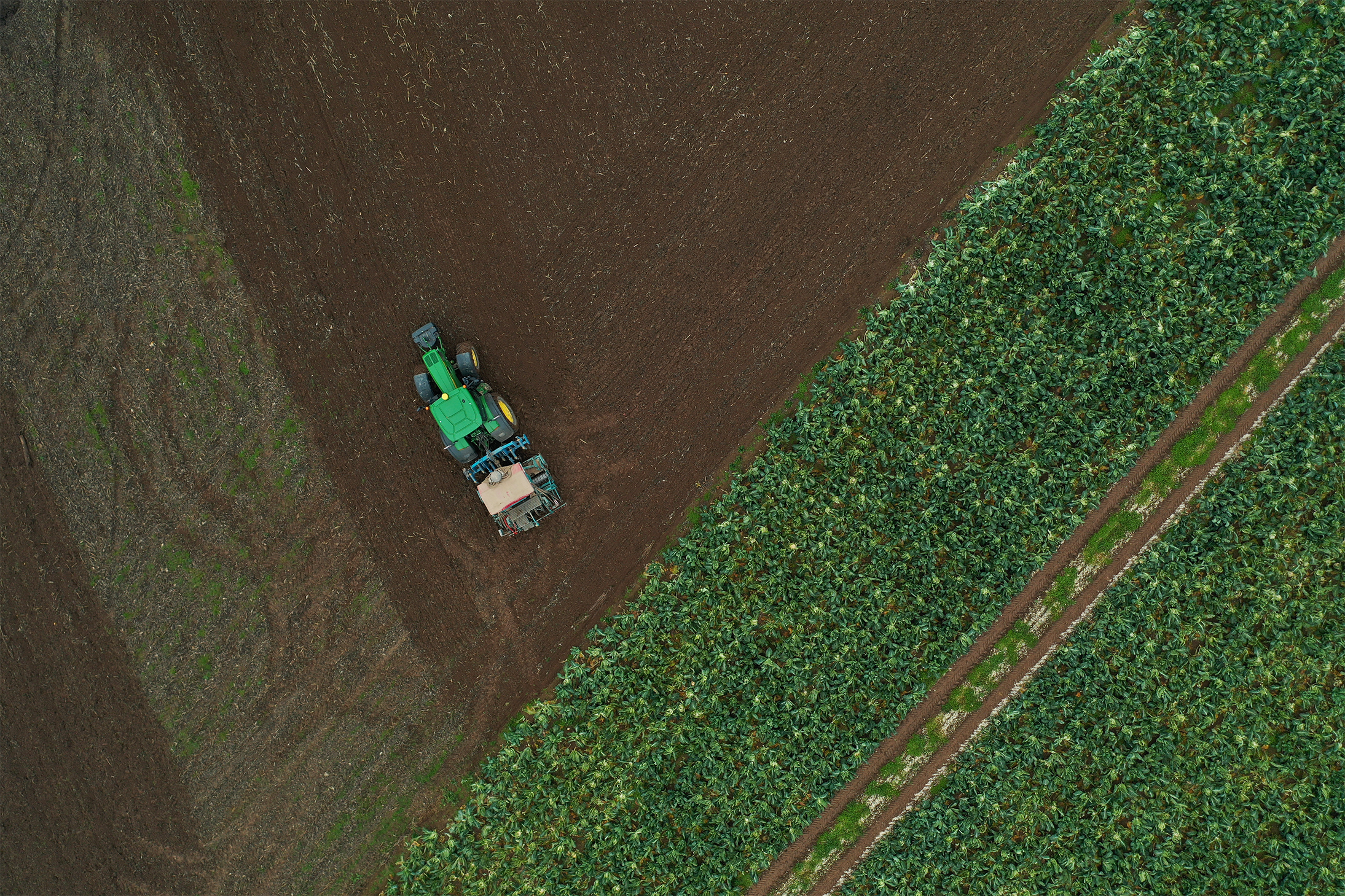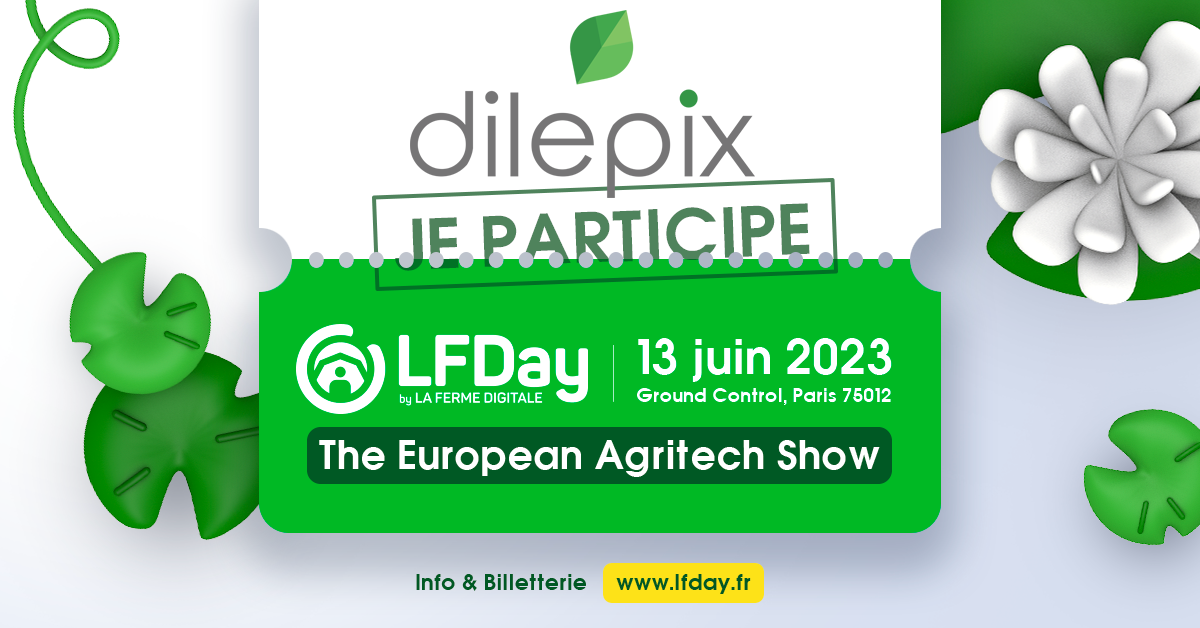[Client Testimonial]
"To stay on top, big pharma needs to partner with innovative solutions from startups."
Frédéric DIMUR - Open Digital Innovation Director- Boehringer Ingelheim
Dilepix wants to work with experts in order to build together solutions that perfectly meet their expectations and ultimately those of their customers, breeders and farmers.
This was the case with Boehringer Ingelheim, as part of the SYNAPSE program (start-up support and acceleration program) created by the German pharmaceutical group, with whom we co-developed TAIL, the solution for detecting swine tail-biting.
 Frédéric Dimur, open digital innovation director, agreed to answer our questions and share his feedback on the development of TAIL.
Frédéric Dimur, open digital innovation director, agreed to answer our questions and share his feedback on the development of TAIL.
In the following interview, you will learn more about the behind-the-scenes development of a solution like "TAIL". What were the challenges? His opinion on TAIL and the work of Dilepix.
#1 Together with 1Kubator, you are behind Synapse Acceleration, can you tell us more about this program?
[Frederic DIMUR]: "Synapse is a global digital health startup acceleration program. We select startups involved in human and animal health and manufacturing processes. Together with our experts, we co-develop digital solutions for Boehringer Ingelheim and its customers.
SYNAPSE was launched in 2018, 11 startups were supported and 4 were the subject of research or commercial contracts (including Dilepix)".
#2 What are the challenges of the SYNAPSE program?
[Frederic DIMUR]: "One of the main challenges is to associate start-ups with our internal use-cases. To achieve this, we need to monitor and detect potential innovations to bring them into the company and participate in its digital transformation, but also that of the subsidiaries.
We already have innovations produced internally, but we are certain that the most disruptive ones will be developed outside the company. And we must not miss out! They will inevitably be developed either by start-ups or by academic research programmes.
With the Synapse program, we are betting on getting innovation from startups and feeding our digital transformation.
Our goal is to rely on startups with strong potential to eventually offer a solution that can be marketed or used internally by Boehringer Ingelheim".
#3 TAIL the solution developed with Dilepix is based on AI and image analysis. Why did you choose this type of technology for swine health?
[Frederic DIMUR]: "Our goal is to provide services to our target customers. At the very beginning, we were looking for disruptive technologies in animal health in a broad sense.
As we had identified a number of high-value use cases internally, we then looked for innovative startups working in the field of production animal health. This is how we identified and selected Dilepix among other startups.
When compiling the different technologies collected, some internal use cases, such as tail biting detection, stood out, where computer vision could provide a solution. The topic of "Tail Biting" was difficult to implement because the bites are complicated to identify "Is the pig really biting or is it just passing another pig's tail?
Finally, we have studied with Dilepix the commercial potential of a solution like this".
#4 Can you explain how TAIL works?
[Frederic DIMUR] : "A camera is placed to cover the entire pen and film the pigs. The detection algorithm was trained using the large volume of data* we captured in Germany to detect the biting behaviour of pigs. With the support of a German veterinarian, we managed to design a very large database to train the neural network.
When an event of tail-biting is identified, it is recorded for further analysis. The detection of the event, when it is not in doubt, can also serve as an alert".
(* More than 700 videos from farms subject to the problem of tail-biting. To design and train the detection neural networks, Dilepix analysed the equivalent of 230 hours of video).
#5 Does the TAIL solution meet your expectations?
[Frederic DIMUR] : "Yes, for the expert veterinarians who support the producers. The algorithm detects bite events and informs the vets. Feasibility is proved.
For the breeders, the algorithms still need to be strengthened in order to imagine an application dedicated to them.
This solution is a real benefit to veterinarians in order to respond to societal pressure to stop tail docking. This potential for regulatory change was a factor in our decision to explore the subject".
#6 How did you hear about Dilepix?
[Frederic DIMUR] "Thanks to the work of our partner 1Kubator®.
Dilepix participated in the classic selection process of the Synapse program.
We had other startups in similar fields to choose from, but Alban (Pobla) and Jeremy (Foisil) were able to convince the selection committee among 6 other candidates.
#7 You worked with the Dilepix team for several months, making videos available. What do you retain from this collaboration?
[Frederic DIMUR] : "It was excellent!
The great strength of this project is that it was carried out in a true partner relationship. There was no "large group versus small company" between us. The startup masters a field that the large group does not and vice versa!
We really worked in a co-construction process. The commitment and transparency between our two companies enabled us to move forward on the same wavelength. We were each committed to the project and showed responsiveness and agility.
One thing that stood out for me was the honesty that Dilepix showed. I mean, it never overstated its capabilities. So there were no nasty surprises. The team made a constant effort to ensure that the objectives were realistic, achievable and constructive. This honesty on both sides is a real plus!
The Dilepix team was very available. We even asked Alban (Pobla) to speak at a meeting with the Boehringer group's IT management committee, during which he shared his challenges with us. The exchanges were very good.
To sum up, the great strength of the team is to always give the limits of the exercise for each stage and never oversell the potential result".
#8 You always keep an eye on the latest technological innovations. Why is the "pharmaceutical group x startups" collaboration so important to you?
[Frederic DIMUR] : "It is essential for both sides! Startups obviously need the resources (and not only the financial resources) of large groups. For their part, pharmaceutical groups have neither the specialised skills nor the agility of startups to remain at the forefront of innovation. So to stay ahead of the game they need partnerships with innovative solutions from startups.
ever, it requires commitment from both sides and the motivation must not be only financial. The risks must be shared".
Interviewed on 13/07/22
